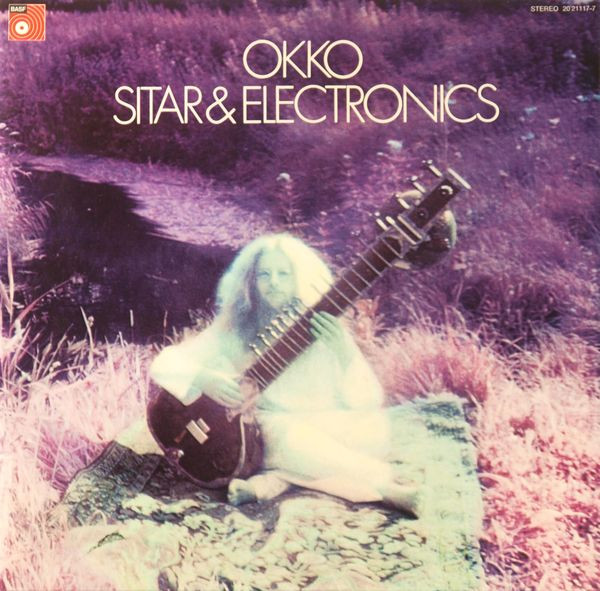- Joined
- Jan 27, 2019
- Messages
- 7,422
- Likes
- 12,476
Haha, I got sucked in and broke my Matt rule. My bad.
If your "Matt rule" whatever it is, amounts to putting me on ignore, perhaps at least you won't misrepresent what I write. (Though whatever rule that is, hasn't stopped you).
Let’s see how my conversation with board goes, ie the one that is probably in good faith.
Good faith? Do you find
If I get it wrong and fail to reflect the audio science, then I am very open to that correction: just show me the audio science that is inconsistent with my reflection. Don’t regale me with anecdotal stories that you think have merit, littered with Whataboutisms.
Do you remember writing this: Just do the blind tests, and show me the consistency with sighted.
Two people did just that. And you've ignored this yet again. And now you are waving things off as "anecdotes and whataboutisms." So, no, you don't really seem open to amending your claims. You ask for something then ignore the responsees or move the goal posts. And people notice this.
The issue is that you have often been sloppy in what you have written, verging over the edge to dogmatic, rather than nuanced and scientifically cautious.
So, if you see other writers doing all the above with my posts, just remember that they are disputing audio science….at least, up until the point that they provide audio science to the contrary.
No, this is your blind spot Newman. (And you aren't the only one, just the most persistent).
You aren't just citing the science. You have been giving us YOUR dogmatic interpretation.
Take an example I've used: you could cite the scientific data that shows how our sight can be fooled. You can show studies that appeal to optical illusions, even produce the illusions themselves, to show how some built in heuristics/biases in our visual system can lead us to error. That would be uncontroversial.
But IF your interpretation of this data was to then claim "From this we can see that our visual system is thoroughly unreliable!" then...no...now you've overreached. Because our visual system clearly is not "thoroughly unreliable." There's endless observations showing our visual system can deliver reliable information. Your claim would have to account for all that before anyone should take it seriously. (This ringing a bell?). But if you reply "ignore those who protest, just remember they are disputing the science," ...no, you've failed to understand the problem. Specific data isn't disputed; your interpretation of the data in what you write is being disputed as often sloppy and overreaching.
This is what's happening, often enough, when you write about cognitive biases in regard to our hearing. Clearly, generally speaking, our perception of sound is not "thoroughly unreliable" outside scientific controls, whether it's in audio or anything else. You always portray sighted listening as dominated by cognitive bias such that one is not really rating the sound waves, and that clearly isn't the case in all sorts of examples. In fact, you've just ignored yet again two examples: the ones given to you by me and board. If our hearing in uncontrolled conditions is"thoroughly unreliable"...how were our bind test results consistent with our sighted listening impressions? Don't ignore counter arguments/evidence, Newman.
So your new statement you've attempted to tighten up:
sighted listening is thoroughly unreliable as a means to determine the sonic attributes or preferences of the sound waves alone due to a device under test, and the only reliable listening-based way to determine such attributes or preferences is via well-controlled listening tests where the listeners don’t even know what are the devices being tested, and ideally involving three or more devices.
Ok, you are almost there. Your "thoroughly unreliable" is still possibly misleading. If you mean "sighted listening will always lead to inaccurate perception of the sound" then you are clearly wrong. But this is what you often imply. But IF you can admit what you mean is actually "sighted listening CAN lead to inaccurate perception of the sound"....then you'd be on firm ground. Then you wouldn't be unjustly dismissing all sighted listening as inaccurate.
But then, why don't you just default to the more careful, accurate claim I already gave you before?
If you want to be confident that cognitive bias isn't altering your perception of the sound, you should use controls to minimize that variable, e.g. blind testing.




